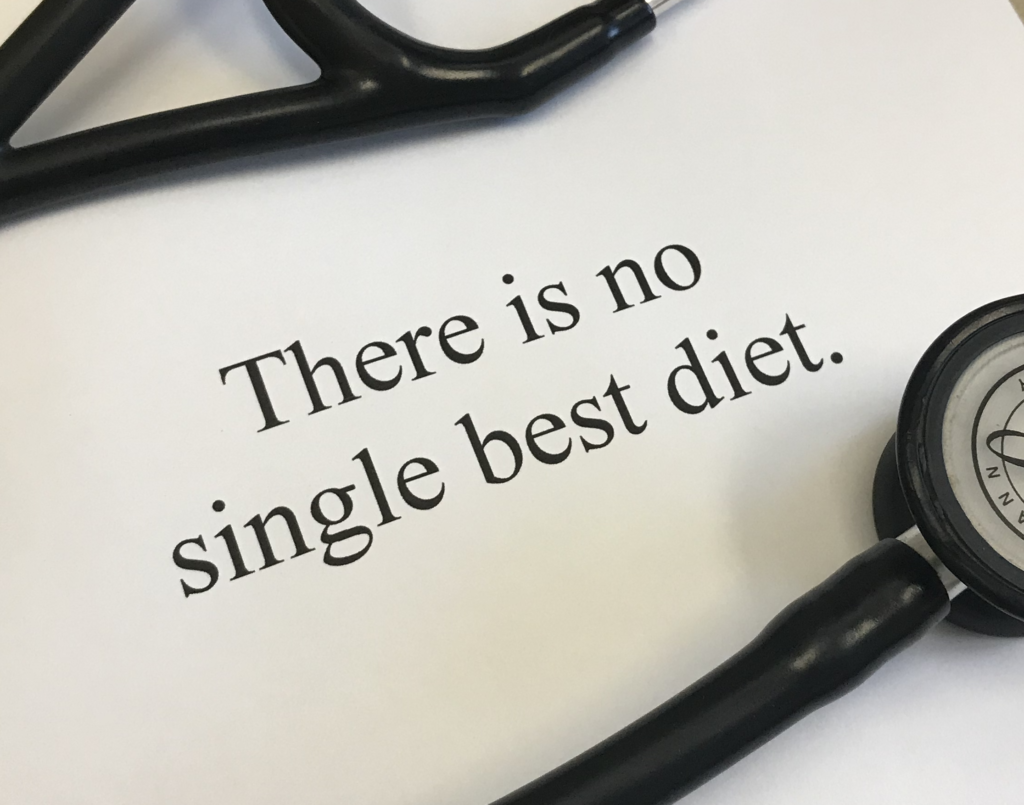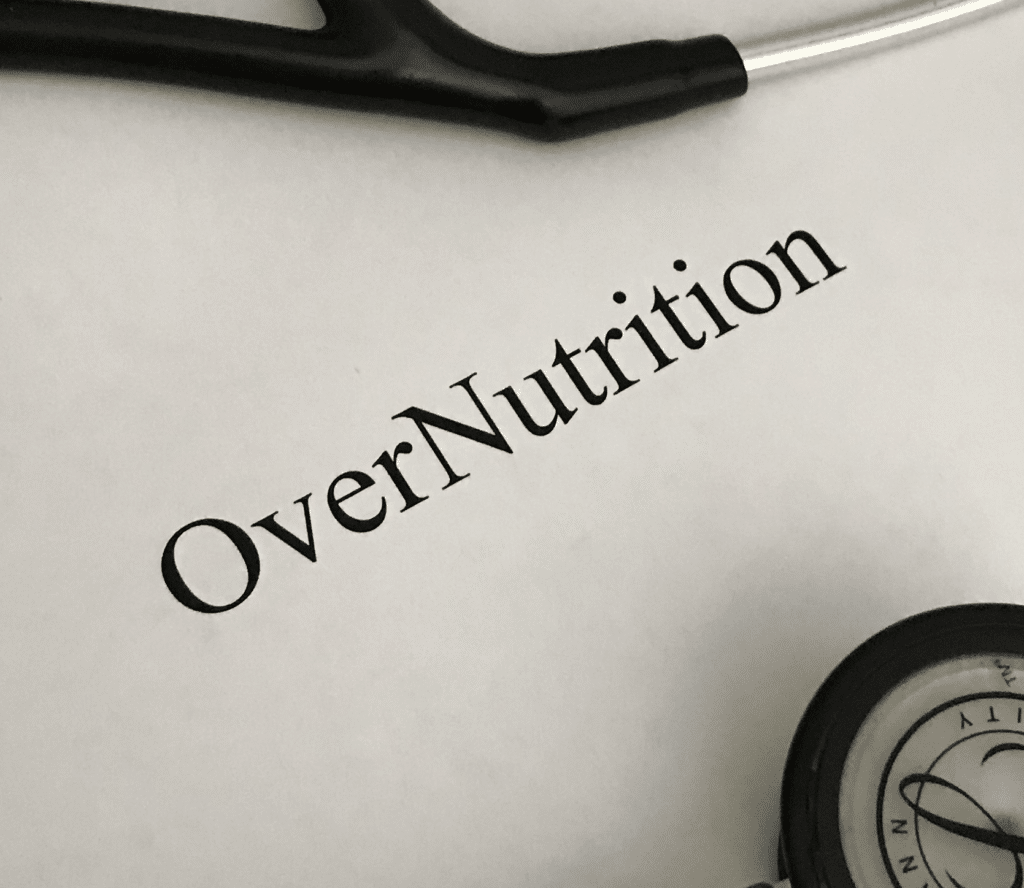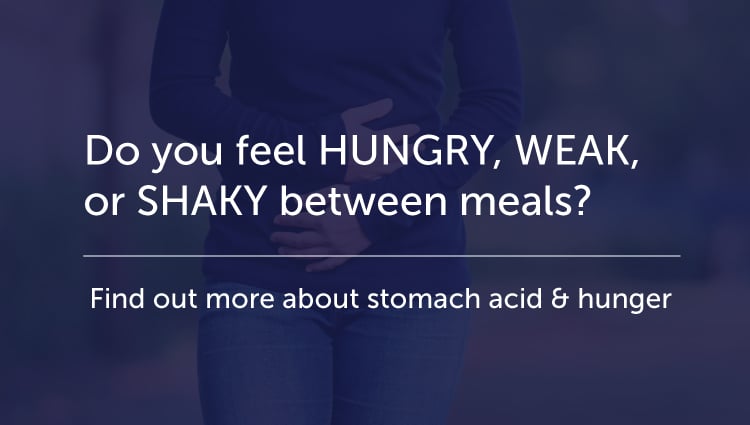Thin But Constantly Hungry
We often think being thin is the same thing as being “healthy,” but this is not necessarily true. Recent studies show that skinny people who eat everything in sight yet never gain a pound are at an increased risk of developing cancer, diabetes, fatty liver disease, and heart disease. Let’s take a closer look at […]
Thin But Constantly Hungry Read More »





